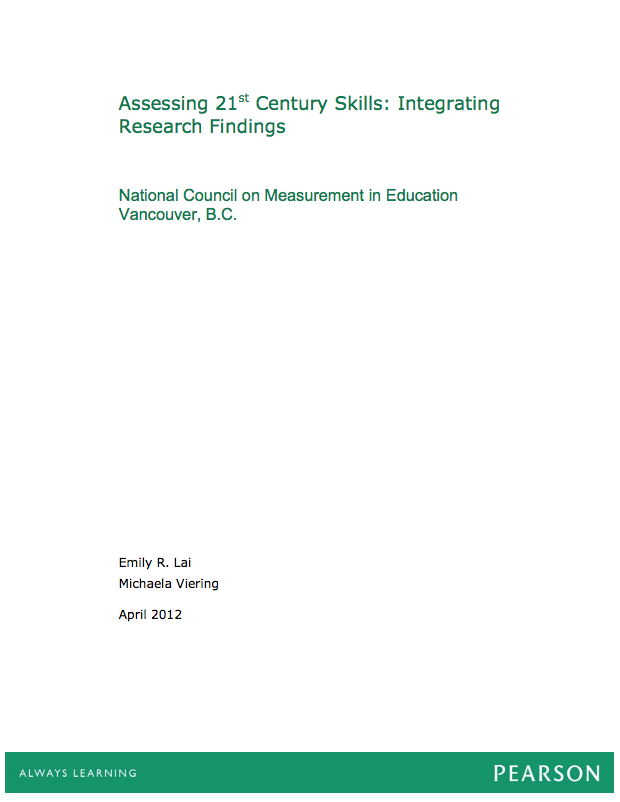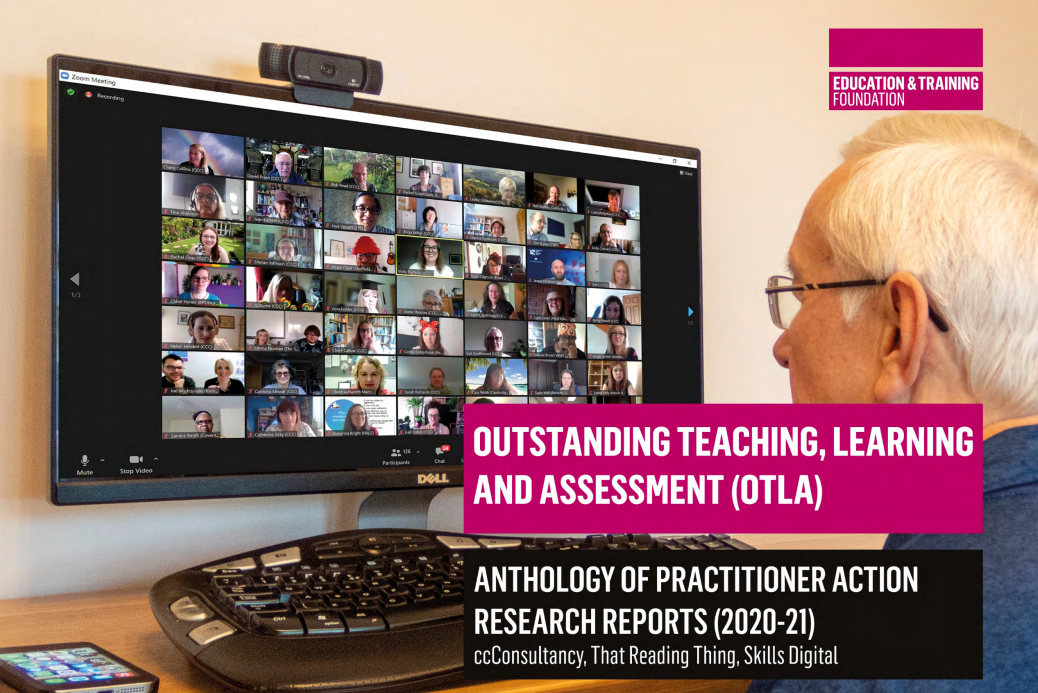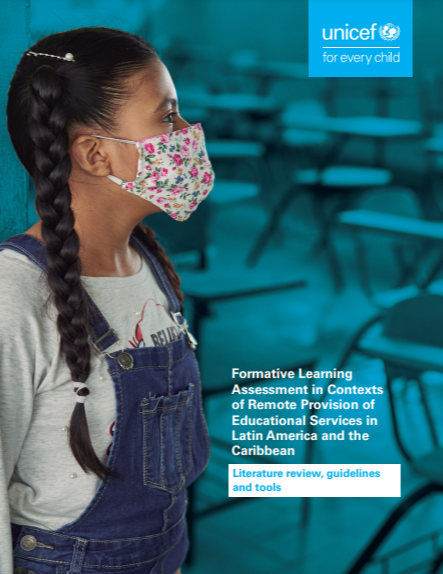
Intermediate
Assessing 21st Century Skills: Integrating Research Findings
2012
Assessing 21st Century Skills: Integrating Research Findings
2012
Assessing 21st Century Skills: Integrating Research Findings
MORE DOCUMENTS
-
ResourcesContent Type: DocumentsCreated: 2021
-
ResourcesContent Type: DocumentsCreated:
-
ResourcesContent Type: DocumentsCreated: 2021




